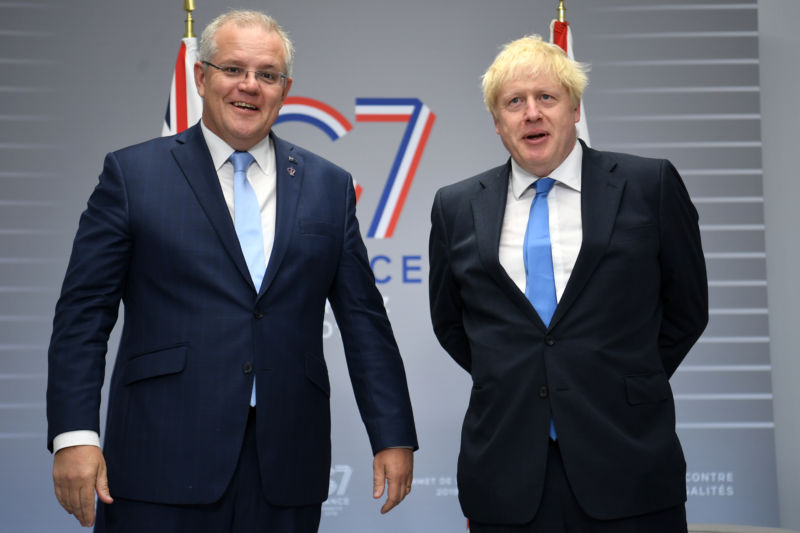
Australia is working on capabilities to quickly block websites hosting terrorist material during crisis events, officials announced on Sunday, according to Reuters.
The governments of Australia and New Zealand have been particularly concerned about the risk of extremist content online after a man killed more than 50 Muslims in a mosque shooting—and streamed a portion of his grisly crime on Facebook.
Now, Australian officials are planning to develop new infrastructure for quickly responding to events like this in the future. According to Reuters, the Australian government plans to “establish a framework to block domains hosting such material. Australia’s eSafety Commissioner would determine on a case-by-case basis what should be censored and was working with industry on arrangements to quickly block access during an attack.”
“A 24/7 Crisis Coordination Centre would be established to monitor the online world for extreme violence or terrorist material,” Reuters reports.
It’s not clear if the Australian government will be able to accomplish all of this using existing legal powers or if new legislation will be needed to make the scheme fully effective.
The Australian initiative underscores that America’s absolutist free-speech tradition is not widely shared among other developed nations. Officials in the EU are pushing for a one-hour takedown rule for online terrorist content. The United Kingdom recently mandated that pornographic sites age-verify their users.
Laws like this would likely be blocked by US courts under the First Amendment. But, of course, other countries don’t have the First Amendment. Most wealthy democracies have some kind of constitutional protections for free speech, but they’re much narrower, leaving substantial room for governments to censor objectionable content.
https://arstechnica.com/?p=1558175

